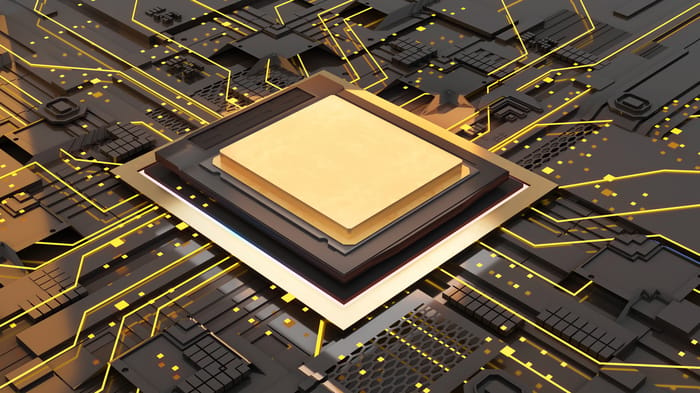
Connects decision-makers and solutions creators to what's next in quantum computing
Quantum Computing Demonstrates EV Energy Management PotentialQuantum Computing Demonstrates EV Energy Management Potential
Pasqal, EDF, GENCI develop smart charging use case to run energy demand forecasting using 100 qubits

Quantum computing now can be used to forecast and optimize the energy supply needed to support the electric vehicle (EV) market, a recent demonstration has shown.
Energy operator EDF, quantum computing company Pasqal and French research organization GENCI used Pasqal’s 100+ qubit quantum computer to address the challenges posed by the growing complexity of energy supply and demand for EVs.
The experiment took place in France, where in 2023, 26% of new cars sold in France were EVs or plug-in hybrid vehicles, a 47% increase from the year prior.
This rise, combined with the growth of renewable energy sources, has created an environment that makes accurate energy demand and distribution forecasting more critical and complex than ever.
Quantum computing is on a path toward scalable, fault-tolerant technology that will be well-suited for solving problems involving multiple complex and dynamic datasets such as real-time energy availability and demand.
The demonstration showed that Pasqal’s quantum computing technology could generate the robust analyses necessary for effective forecasting in such dynamic environments.
“The rapid progress we’ve seen over the last few months is tangible proof of the potential value of quantum computing in the energy forecasting space,” said Pasqual co-CEO Loïc Henriet.
“EDF and GENCI are ahead of the curve in prioritizing the deployment of new-age solutions capable of combatting the limitations of traditional computers and AI. This milestone will be a springboard of continued momentum as Pasqal continues on its journey to bring the power of quantum computing out of the laboratories and into industries.”
The partnership is part of Pack Quantique (PAQ), a program funded by the Île de France Paris Region to support the quantum computing sector. Initiated in 2020 with $1.5 million in funding, PAQ has backed several projects, including Pasqal and EDF’s collaboration on electricity demand algorithms.
Pasqal has worked with EDF since 2018 to develop fast solutions to challenging optimization problems, leveraging its neutral-atom quantum technology.
“Our collaboration with Pasqal has been all about exploring new possibilities and we’ve reached a new frontier of electricity management optimization with quantum computers,” said EDF head of quantum computing Joseph Mikael.
“At EDF, we are committed to harnessing the power of quantum computing to accompany the energy transition and thanks to Pasqal we continue to make progress in this direction.”
GENCI, a French high-performance computing (HPC) agency, has also played a pivotal role in the project. As the first customer of Pasqal's Ruby 100-qubit system, GENCI supports efforts to integrate quantum computing into real-world applications.
“This kind of innovation, demonstrated concretely on a physical system by Pasqal and EDF, is why we invest in projects like PAQ, which ultimately enables the entire ecosystem,” said GENCI CTO Stephane Requena.
About the Author
You May Also Like
.png?width=100&auto=webp&quality=80&disable=upscale)
.png?width=400&auto=webp&quality=80&disable=upscale)




